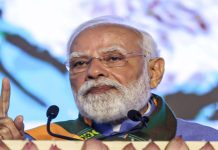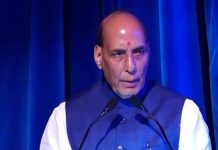New Delhi: Fawad Khan and Sanam Saeed’s supernatural series, Barzakh, has sparked significant controversy in Pakistan for its depiction of queer love, leading to its removal from YouTube in the country. The show, which premiered on July 19 on Zindagi’s YouTube channel and ZEE5, has faced severe backlash from viewers who criticized its LGBTQIA+ themes.
Barzakh removed from YouTube?
Barzakh reunited actors Fawad Khan and Sanam Saeed after 12 years, following their popular collaboration in Zindagi Gulzar Hai. Despite the anticipation and initial excitement, the show quickly became a lightning rod for controversy.
Responding to the mounting criticism, the creators of Barzakh announced their decision to pull the six-episode series from YouTube Pakistan. The announcement was made on Zindagi’s official Instagram account, where the creators expressed their views and about the official statement on the withdrawal of the show from YouTube. The post from Instagram read, “We, at Zindagi and Team Barzakh, extend our heartfelt gratitude to our global audience for their unwavering support for Barzakh – a show that was created to bring people together everywhere,”
It was further added, “But in light of the current public sentiment in Pakistan, we have decided to voluntarily withdraw Barzakh from YouTube Pakistan, effective August 9, 2024. This decision underscores our dedication to honoring our audiences without causing alienation. We sincerely appreciate your understanding and continued support.” Director Asim Abbasi also shared the statement on his social media, reassuring fans that the show’s finale would still air as scheduled.
All About the Controversy
The issue arose due to a scene featuring a near-kiss between characters played by Fawad Khan and Franco Giusti. This particular scene led to public outcry and calls for a boycott, with critics accusing the show of promoting non-heteronormative relationships.
The controversy surrounding Barzakh highlights the ongoing cultural tensions in Pakistan regarding LGBTQIA+ representation in media. Abbasi, addressing the backlash on social media, urged those uncomfortable with queer storylines to refrain from watching his content. Despite the challenges, Barzakh remains a significant work for its bold storytelling and representation.











































